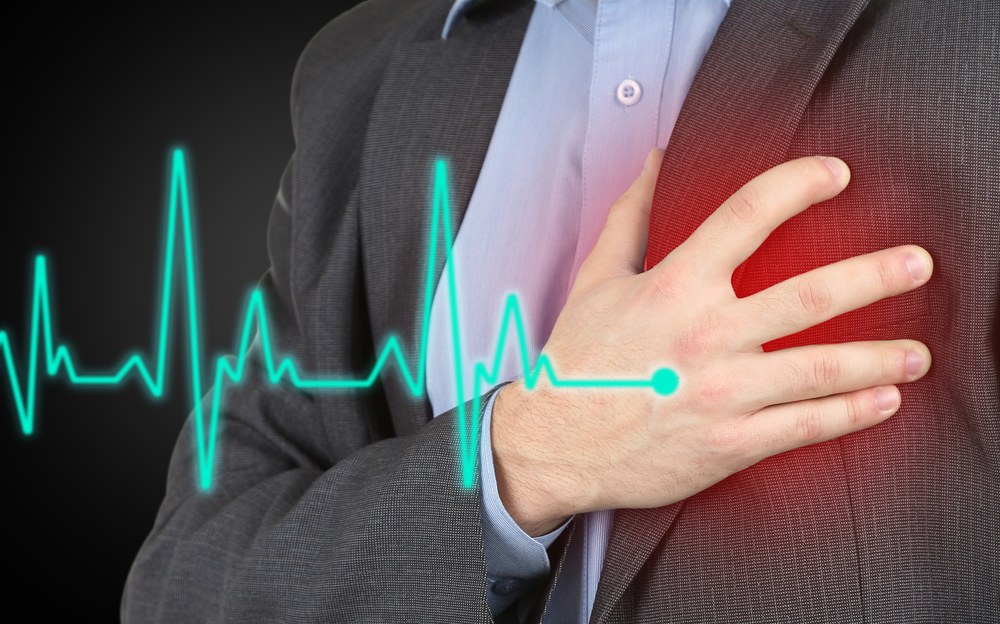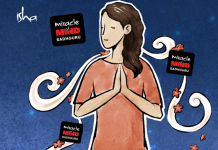
Did you know that not all heart problems come with clear warning signs?
Heart problems are like silent killers who are ready to attack anyone without significant symptoms or signs. It does not always attack older adults, there is not always an alarming chest clutch followed by a collapse to the floor like you see in soap operas. It is not always easy to tell whether you have a heart problem or not.
However, there are often early signs that something with your heart isn’t right, especially among people who are 60 years or older, overweight, or have diabetes, high blood pressure, and high cholesterol. Although undiagnosed heart conditions are rare in young people, it does not mean that it’s impossible.
Women and men have different symptoms of heart problems, but there are some common signs that can indicate that there is something off with your heart. If you experience these symptoms, it is wise to see your doctor immediately if you’re concerned about them:
Chest discomfort
This is probably the most common sign of any heart problems. If you have a blocked artery or are having a heart attack, you may feel pain, tightness, or pressure in your chest. The feeling usually lasts longer than a few minutes and can happen when you’re relaxed or when you’re doing something physical. Keep in mind that you can have heart problems without chest pain (which is particularly common among women).
You’re extremely tired
It is hard to tell if you’re just tired or it has something to do with heart problem. But we’re talking about abnormal level of fatigue. If you are relatively fit, sleep well and eat regularly but all of a sudden start feeling winded climbing a flight of stairs, there’s probably a problem. Another sign is if you’re feeling weak that you’d previously only experienced when you’re sick or have fever. In this case, your heart may be struggling to oxygenate your body.
Your feet are swollen
In women, feet swelling can occur for some reasons, such as pregnancy, varicose veins, or when you travel and have limited ability to move around. However, feet swelling also can be a sign that your heart pumps blood inefficiently. Heart-related foot swelling is usually accompanied by other symptoms that include shortness of breath and/or fatigue.
Shortness of breath
Shortness of breath can be a sign of asthma, anemia, an infection, or rarely a problem with the heart’s valves or its ability to pump blood. But when you find that you get out of breath after doing something that doesn’t seem to affect other people your age (like walking or climbing a staircase), it is better to check it out with your doctor.
Headaches
Severe headaches can be symptomatic of a stroke or blood clot. While a headache alone isn’t necessarily indicative of a heart issue, if you’re experiencing it along with other symptoms like stiffness in your neck, fatigue, or dizziness, or it comes on suddenly, you could be in danger of an aneurysm and should seek medical attention immediately.
You get dizzy or light-headed (to the point of fainting)
This is also one of those symptoms that can have many non-heart related causes. Maybe you feel dizzy because you didn’t have enough to eat or drink, you have visual problems, or you stood up too fast. But if you suddenly feel unsteady and you also have chest discomfort or shortness of breath, call a doctor right away.
You’re depressed
While depression is probably not a symptom of heart trouble, mental wellbeing is linked to physical wellbeing. Many studies suggest that people who are depressed are at greater risk of heart trouble. People who have multiple risk factors for heart disease or who do have heart disease have a tendency to be depressed. Either way, it’s always wise to seek help if you’re depressed.




